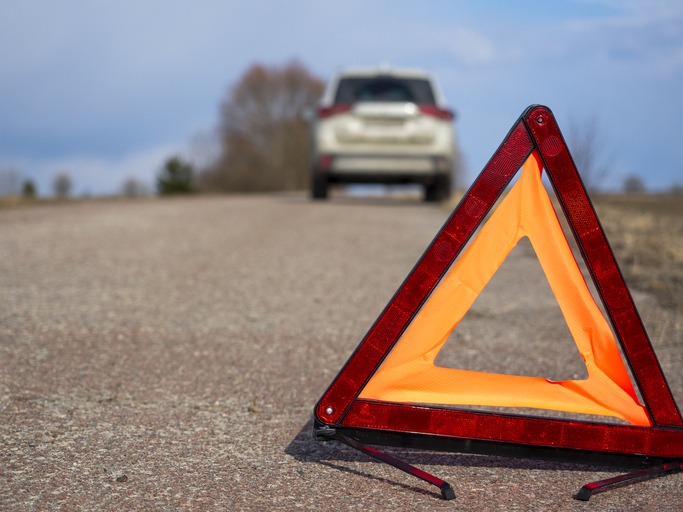Car maintenance is a vital aspect of vehicle ownership. Neglecting it can lead to severe consequences for you, your passengers, and other drivers on the road. However, even the most well-maintained automobile can encounter problems for no apparent reason.
If you’ve ever experienced having your car break down while you’re driving, here are the five things that you should check after pulling over to the side of the road:
1. Battery Power
One of the possible reasons why your car suddenly stops could have to do with the battery. A quick fix for this issue is to connect to another vehicle and jumpstart your engine. This scenario, however, won’t work if you are alone on the road. Fortunately, there are portable jump starters in the market to revive your automobile’s dead battery.
If you recently bought new batteries, however, the problem may be with your alternator. This component is responsible for converting the mechanical energy from your engine’s rotating parts into electrical energy. A tell-tale sign that your alternator is damaged is when your new batteries drain more quickly than before.
2. Engine Temperature
Another common cause of a car’s sudden breakdown is an overheated engine. Vehicles work by converting chemical energy from fuel into heat energy, which is further converted into mechanical energy with their moving parts. As mentioned above, your alternator transforms this energy into electrical energy to power up your automobile’s electrical components.
However, if you don’t have enough coolant in your engine to regulate its temperature, your car may experience overheating. Too much heat can melt your pistons, which leads to the abrupt shutdown of your engine.
These are the things you should do when your car overheats while driving:
- Turn Off The A/C – If you notice unusual steam coming out of your car’s hood, you should turn off the air conditioner to lessen the amount of stress on your engine. Then, if possible, crank up the heat to redirect the temperature from the front of your car. While it may be uncomfortable, it’ll buy you time to park your car safely.
- Pull Over Safely – Find a safe spot at the side of the road to stop. This way, you won’t disrupt the flow of traffic.
- Wait Before Opening Hood – It’s highly likely that the hood is piping hot, especially if you’ve been driving under the sun for a while. Give it a few minutes to cool. You can use this time to contact a mechanic.
- Check Coolant Level – Coolant or antifreeze helps regulate your engine’s temperature. Check the fluid level and refill it. Doing this may give you enough time to drive your car to a repair shop. Before doing so, however, make sure that the radiator cap is already cold. Also, beware of hot steam emissions.
- Inspect Radiator Hose – If the coolant level isn’t the problem, there may be some blockage in the upper or lower radiator hose. Check for disconnections and holes as well.
3. Car Fluid Levels
Essential car fluids to monitor are the fuel, coolant, oil, and transmission fluids. For the last two, you have dipsticks that can help you keep track of their levels. Check how much fluid you have in your car to make sure that everything remains in the appropriate amount.
Another vital fluid is the brake fluid, which plays a significant role in preventing brake failure. It’s pressurized and can boost the power of your braking mechanism to keep you, your passengers, and other drivers safe. The recommended level should be within approximately a half-inch of the cap.
4. Electrical Components
Aside from mechanical parts, your car also has electrical components, which are more sensitive and require regular monitoring. Damage to these gears may also lead to your car’s sudden shutdown. Check the ignition system and ECU, a tiny computer in your vehicle that handles various features, for malfunctions.
5. Catalytic Converter Status
The catalytic converter is responsible for controlling your car’s exhaust emission. Specifically, it reduces the number of pollutants in the exhaust gas through a redox reaction. If it becomes clogged, it can cause overheating, which is dangerous if you continue driving with this problem.
Conclusion
It’s prudent to be aware of the possible causes of a car’s sudden shut down so that you know what to do when you encounter this issue on the road. Some of the common causes may stem from the battery, engine, fluids, electrical components, and the catalytic converter. Make sure to schedule your car for regular tune-ups to avoid this problem.

